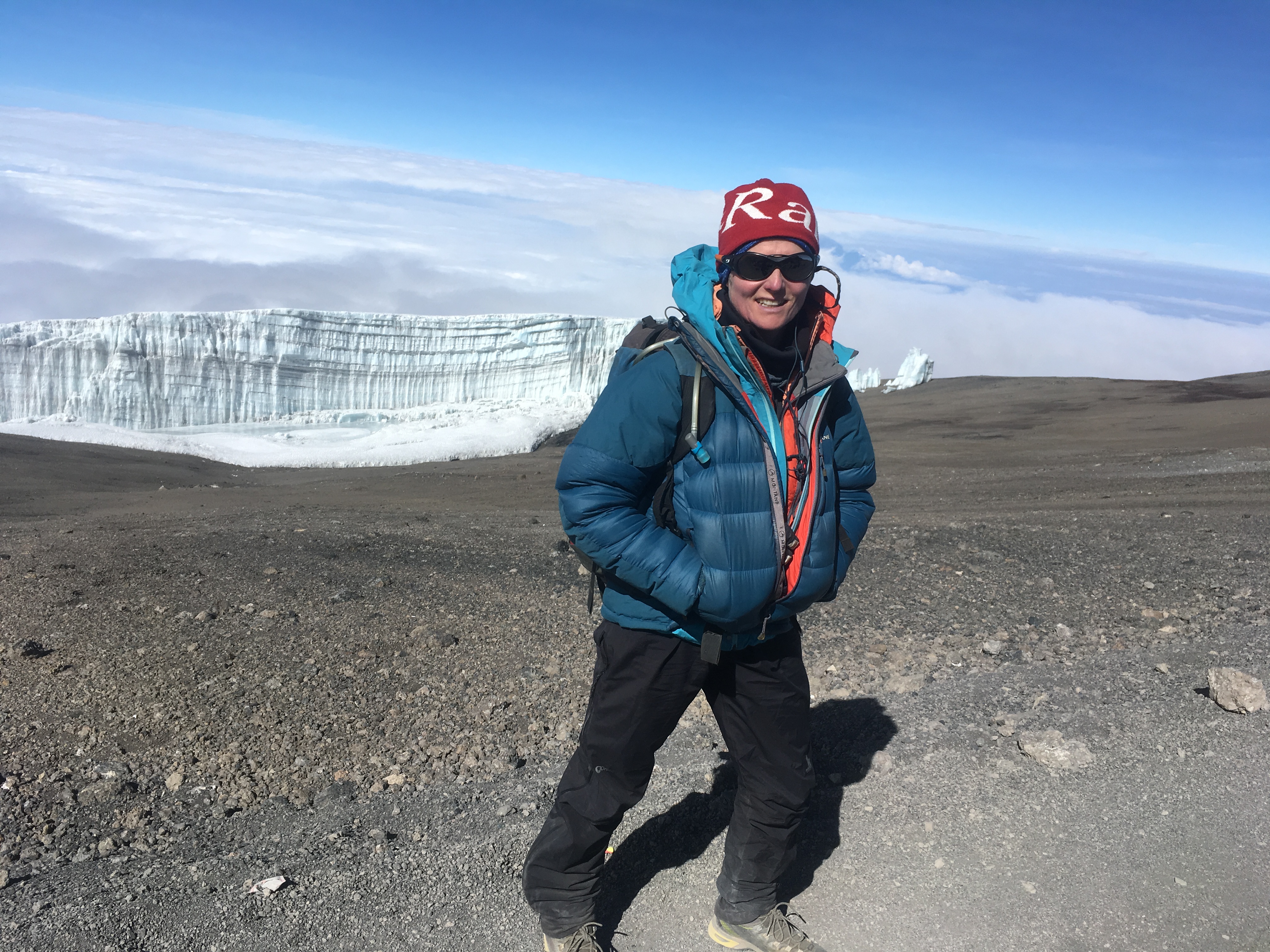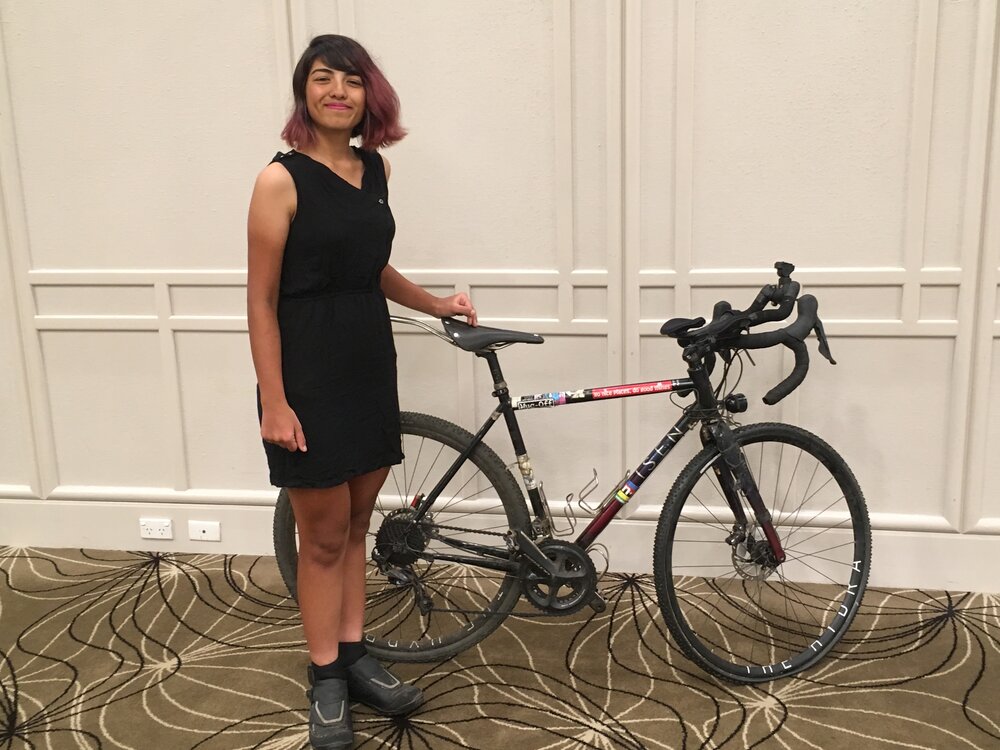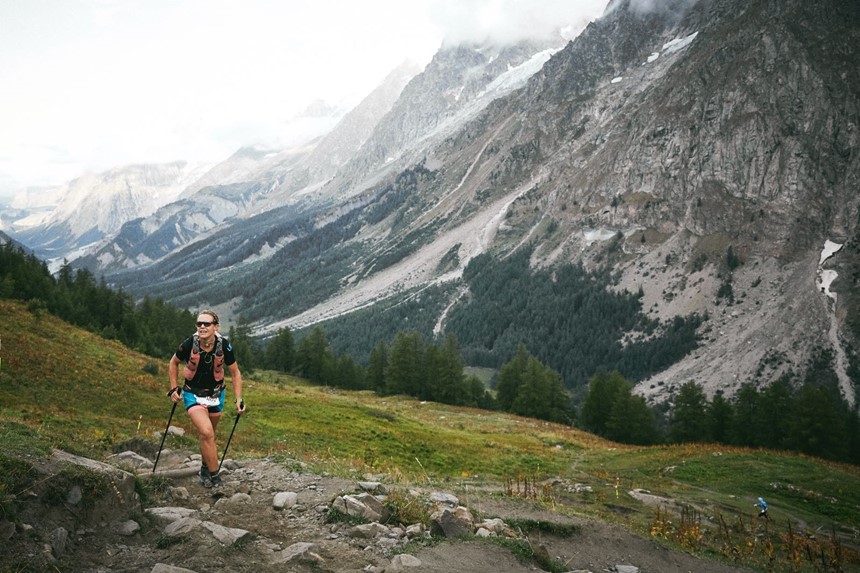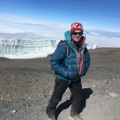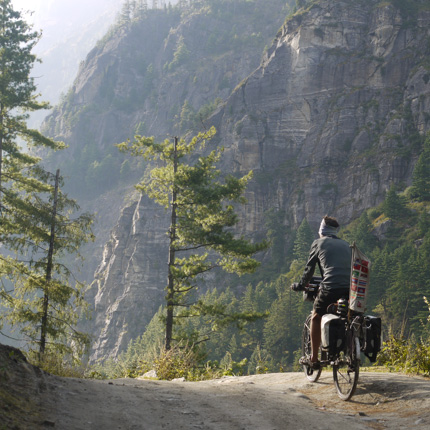The candid experiences of the people in this piece show both commonality and diversity. They deal with topics from suicide ideation, the compassionate honouring of cycles and the end of the cycle - an often misunderstood, unknown and, for some, shameful cycle. We hope these conversations bring revelations, inspiration, practical tips and empathy with those that have periods and those who travel by their side. And, perhaps, provoke further thought about the culture of female adventuring in general.
Is your period as a biological superpower, total nuisance or something in between?
SG: “I used to think of it as a nuisance, but now I know more about it (it’s scary how little we actually learn as young women about all this stuff) I view it as a superpower! We are lucky as women who are putting our bodies through huge amounts of exercise that we have such an important way of tracking our health. I have a very regular cycle, so I know that if it is out of kilter then something is wrong, that maybe I am under-fuelled and over-trained.”
SD: “My periods are a total nuisance.”
EL: “I saw it as something to navigate but also nurture. It was always going to be a part of me, so how could I best work with the variables of flow, pain, duration and situation?”
ED: “I view my period as one of the biggest tests in my life, and one of my biggest teachers. It’s shown me I can do hard things and also the reality of how little people listen to women. That’s been a really hard pill to swallow. However, I have learned to be kinder to myself, found I love it and jumped at the chance to educate other women, sharing knowledge and tips. Not a lot of people know about our overall hormone cycles throughout our lives and how that affects every part of our body and mind. Knowledge is power; the more you know about your body the more you can live in harmony with it. I am not saying it comes easy or overnight, or you’ll feel grounded and super zen everyday, but you will start to take steps to understand yourself and that is a great power and honour.”

